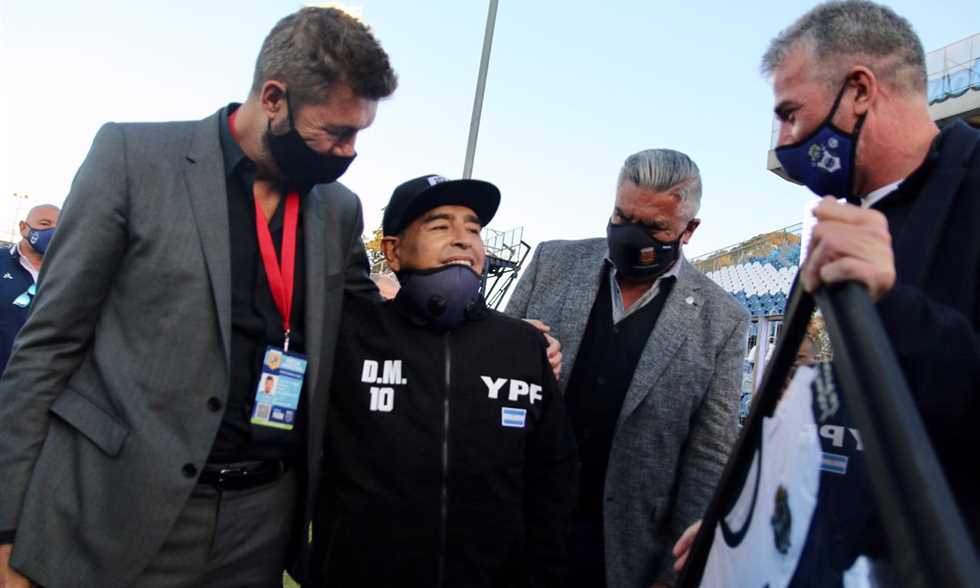Due to the pandemic, Tokyo has been forced to spend a lot of money in recent months. However, the emergency funds provided for this have now been exhausted and an end to the crisis is not yet in sight. Schools are gradually threatening the metropolis.
After Information According to the Japan Times, more than 90 percent of the Emergency Fund has been spent on general countermeasures. Although the money served its purpose, the future now looks uncertain. It remains unclear when the fund can be rebuilt. It therefore remains questionable whether Tokyo can continue to afford the measures against Covid-19.
In addition, one wonders how the Adjusting Fund for Finance (AFF) of the metropolitan government could lose so much money so quickly. The discretionary fund is intended to pay for measures in emergency situations. In the 2019 fiscal year, Tokyo had accumulated a record € 7.6 billion.
Government is trying to raise money quickly
Since January, Tokyo has spent the equivalent of € 13 billion on COVID-19 countermeasures. Around seven billion euros come from the emergency fund alone. This leaves only about eight percent of the money. A government official said it was the first time that money had been spent so much and so quickly on emergency response.
Most of the amount was spent on loans to companies that threatened to go bankrupt because of the pandemic. The government wants to invest enough in the private sector and protect it so that it can help with the recovery after the crisis.
The government seems to be very aware of the upcoming problems and they are trying to reduce and save on existing expenses. Money is also diverted from other funds and cash borrowed to reduce the pressure on finances. In addition, in the last budget revision at the beginning of the month, for the first time in nine years, bonds worth the equivalent of 1.4 billion euros were purchased.
Debt can quickly become dangerous
For many, however, these reactions are not enough and come too late. Tokyo is threatened with financial destabilization with its debt and it could be that they can no longer react adequately to natural disasters. The growing costs for the Olympic Games could also become an ever greater hurdle.
Professor Motohiro Sato from Hitotsubashi University’s Graduate School of Economics describes the situation as very dangerous. Borrowing money is only a good idea, he says, if there is a return plan. Sato goes on to state that Tokyo must recognize that it is a long-term struggle and that only saving will not last.
Others are also concerned that Tokyo is using bonds. Professor Takehiko Ikegami stated that borrowing money without consideration or goal is dangerous. The question of return is the biggest problem. Tokyo itself cannot currently say when they can return the money or whether it is even possible.
Tokyo Governor Yuriko Koike said earlier this month that she wanted to maintain countermeasures against the virus. At the same time, they want to protect the residents adequately and allow the economy to recover. She emphasized that the city had the means and the will to get through the difficult times.
Economic crises in recent years serve as a model
Tokyo itself has actually had good experiences in saving money and getting out of debt. During the economic crisis in the 90s, massive savings made it possible to recover. Since then, the good economic growth has rebuilt the city in many areas and also ensured the AFF’s record high.
Something similar is now being tried again. In a proposed supplementary budget in September, a spending cap was set for the next financial year, with a spending cut of ten percent. However, according to critics, this is too little and would not bring enough returns.
The preliminary budget includes around 123 million euros for the health initiatives and was added to the ongoing corona measures. Around 1.2 billion euros are earmarked for loans for small and medium-sized private sector companies. Many experts are certain that the support given to companies so far has prevented a devastating recession, despite the many bankruptcies.
However, there will be no real recovery if the virus is still raging. Tokyo is dependent on annual corporate tax revenues due to its many corporate headquarters. The situation in the private sector therefore has a strong impact on the city and is prone to downturns.
Tokyo is sometimes too wasteful
The AFF is therefore to receive around 574 million euros as security in 2021. Usually, at the end of the year, the fund receives half of the excess income and part of the economic growth. However, given the current situation, the process could prove difficult in the future.
The total monetary value of other reported funds should be around 8.1 billion euros. However, the money is intended for all short and long-term public projects. According to Professor Yasushi Aoyama, how the money is ultimately used depends on voters and bipartisan differences of opinion. Koike must therefore prove her political skills in order to provide enough support for the distribution of the funds.
Economics professor Takero Doi, on the other hand, is hitting the government on the fingers and demanding that they first examine how so much money could disappear so quickly. Doi accuses them of being wasted, like the eleven billion euros for the campaign to promote domestic travel. Tokyo also often resorted to double measures for the residents of Tokyo, who already received help from the central government.
Doi believes it will take four to five years for the corporate tax revenue it needs to recover, even after the economy is doing better. Japan’s economy will therefore also suffer from the virus. How long it took in the end for Tokyo to get better depends solely on the private sector and how quickly tax revenues are back to normal.
–

